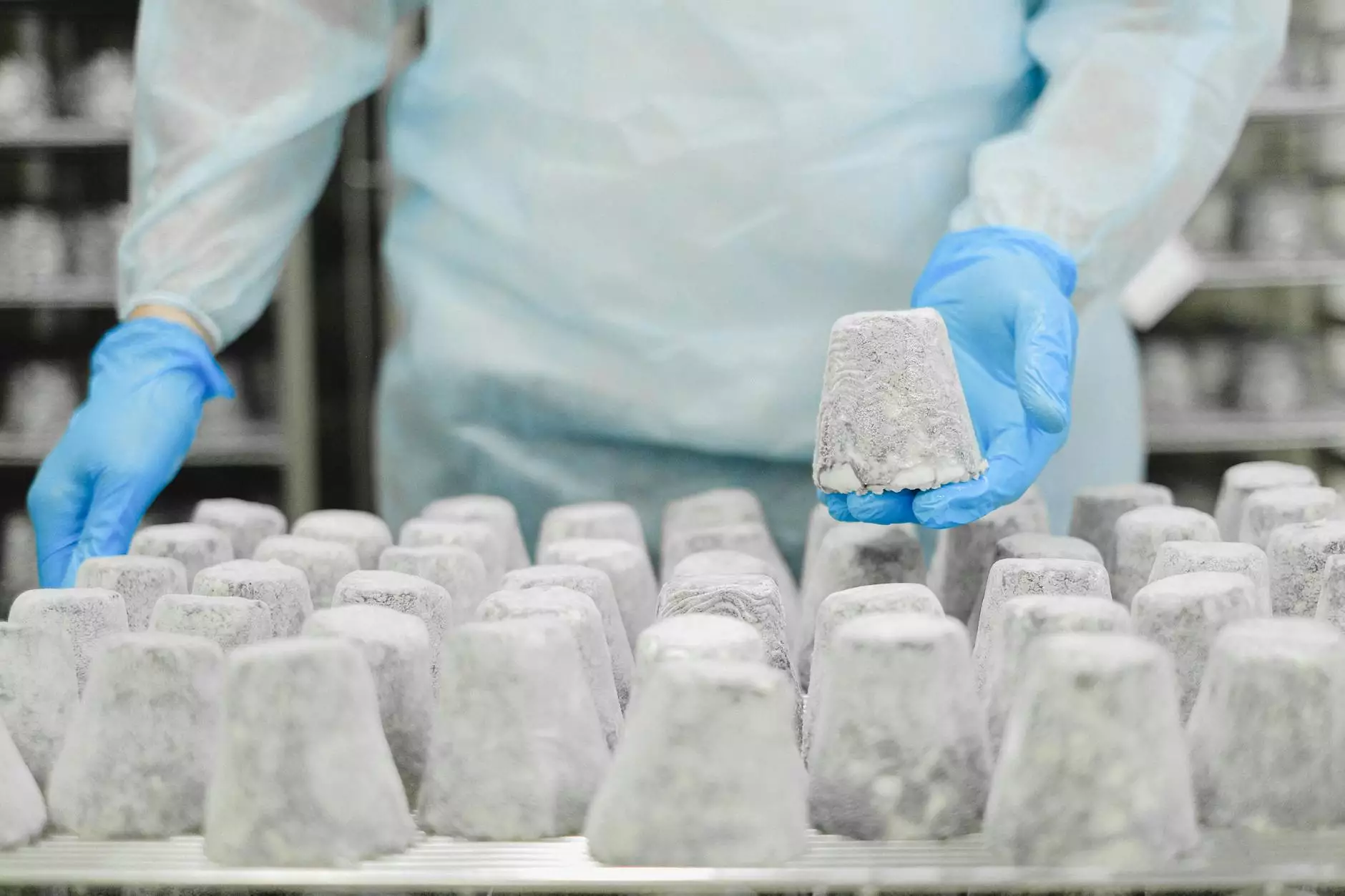Unveiling the Beauty and Versatility of Sunflowers UK

Sunflowers, renowned for their vibrant yellow petals and towering presence, hold a special place in gardens across the UK. This article delves deep into the multifaceted world of sunflowers in the UK, encompassing their roles in specialty food, nurseries & gardening, and floristry. By the end, you'll appreciate not only their aesthetic appeal but also their ecological and culinary significance.
The Botanical Wonder of Sunflowers
Sunflowers (Helianthus annuus) are resilient plants that thrive in various soil types, making them an ideal crop for UK gardeners. Originating from the Americas, their cultivation has spread globally due to their hardiness and adaptability. With a height that can reach up to 10 feet and a bloom size that can span over a foot in diameter, they are truly a sight to behold.
Why Choose Sunflowers?
- Aesthetic Appeal: Their bright colors and large blooms add vitality to any garden.
- Pollinator Friendly: Sunflowers attract bees, butterflies, and other beneficial insects.
- Edible Seeds: They provide a nutritious snack and can be used in various dishes.
- Oil Production: Sunflower oil, extracted from seeds, is a healthy cooking oil.
Sunflowers in Specialty Food
The culinary uses of sunflowers extend beyond their seeds. More and more, chefs and home cooks alike are discovering the versatility of these charming blooms.
Edible Sunflower Seeds
Sunflower seeds are a popular component of many dishes due to their nutty flavor and crunchy texture. They are rich in essential nutrients such as vitamin E, magnesium, and selenium. Here are some popular ways to incorporate sunflower seeds into your diet:
- Snacking: Roasted and salted sunflower seeds make for an excellent snack.
- Salads: Sprinkle them on salads for added crunch and nutrition.
- Baking: Use them in bread, muffins, and granola bars.
- Sunflower Seed Butter: A tasty alternative to peanut butter, perfect for sandwiches.
Sunflower Oil: A Culinary Delight
Sunflower oil is extracted from the seeds of the sunflower plant. Renowned for its light flavor and high smoke point, it is ideal for frying, sautéing, and baking. Additionally, it contains healthy fats, including polyunsaturated fats which can help lower cholesterol levels.
Sunflowers in Nurseries & Gardening
Sunflowers are a gardener's delight, valued for their bright colors, ease of growth, and ability to improve soil conditions through their deep root systems. Below are essential tips for cultivating sunflowers successfully.
Choosing the Right Variety
There are numerous varieties of sunflower, each with unique characteristics. Some popular types include:
- Giant Sunflowers: Often grow over 8 feet tall and can bear massive heads with large seeds.
- Dwarf Sunflowers: Excellent for smaller gardens or containers; typically reach heights of 1-2 feet.
- Multi-Branching Varieties: Produce several smaller blooms on a single plant for extended flowering time.
Optimal Growing Conditions
To grow healthy sunflowers, consider the following growing conditions:
- Sunlight: Sunflowers require full sun for optimal growth, ideally 6-8 hours a day.
- Soil: Well-draining soil enriched with organic matter aids in healthy development.
- Watering: Regular watering during dry spells will promote better growth, especially during the seedling stage.
Pest and Disease Management
Despite their hardiness, sunflowers can be susceptible to pests, such as aphids and sunflower beetles. Here’s how to manage them:
- Regular Monitoring: Check your plants regularly for signs of pest infestations.
- Natural Predators: Encourage ladybugs and lacewings, which feed on aphids.
- Neem Oil: An organic solution effective in managing a variety of pests without harming beneficial insects.
The Role of Sunflowers in Floristry
Sunflowers are a favorite among florists for their bold colors and symbolic meanings. Frequently associated with adoration, loyalty, and longevity, they make for stunning arrangements in both casual and formal settings.
Popular Floral Arrangements Featuring Sunflowers
- Bridal Bouquets: Incorporating sunflowers in wedding bouquets brings warmth and a rustic touch.
- Centerpieces: Create eye-catching table centerpieces using sunflowers combined with seasonal flowers like roses and daisies.
- Gift Bouquets: Mix sunflowers with greens for a cheerful gift bouquet for birthdays or celebrations.
DIY Floral Arrangements
Florists often inspire individuals to create their own beautiful sunflower arrangements. Here’s how to make a simple bouquet:
- Gather Supplies: You will need sunflowers, greenery (like eucalyptus or ferns), a vase, and floral foam or tape.
- Prepare the Flowers: Trim the stems at an angle and remove any leaves that will be below the waterline.
- Arrange the Flowers: Start by placing the sunflowers and fill in with greenery to create a balanced look.
- Add Water: Complete your arrangement by adding fresh water to the vase.
Conclusion: Celebrate the Sunflower UK
Whether you cultivate them in your garden, enjoy them on your plate, or admire them in a floral arrangement, sunflowers are a joyous addition to our lives. Their vibrant beauty and versatility make them more than just a plant; they are a symbol of happiness. By embracing the world's sunflowers, you enrich your environment and appreciate the natural splendor of what the UK has to offer.
So the next time you see a sunflower, take a moment to reflect on the joy, nutrition, and beauty these remarkable plants bring into our world. For more information on all things sunflowers, explore our categories: Specialty Food, Nurseries & Gardening, and Florists, and enhance your experience with the humble, yet magnificent sunflowers.









